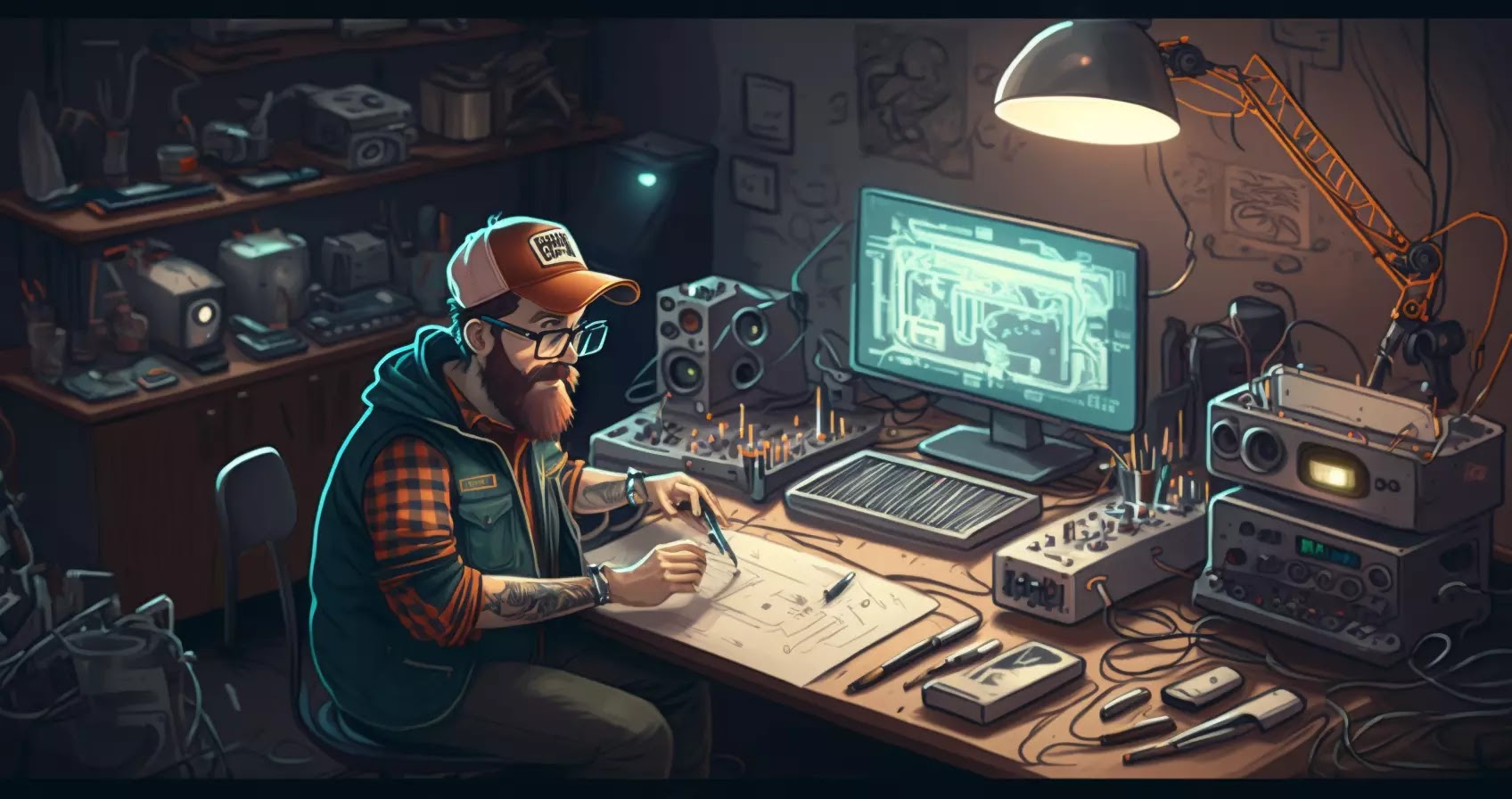If you are passionate about creating, designing, and developing new products, becoming a Product Engineer can be a rewarding career path. As a Product Engineer, you will be responsible for designing, testing, and improving products for various industries.

Quick Navigation:
Reasons to become a Product Engineer
There are several reasons why you should consider becoming a Product Engineer:
- You get to be part of the product development process from start to finish.
- You get to use your creativity and problem-solving skills to design products that meet specific needs and requirements.
- You get to work with a cross-functional team of professionals, including designers, engineers, and project managers.
- You get to be at the forefront of new technologies and innovation.
- You get to make a positive impact on people’s lives by creating products that improve their quality of life.
How to become a Product Engineer
To become a Product Engineer, you will need to have a bachelor’s degree in engineering, preferably in mechanical or industrial engineering. You will also need to have strong analytical, problem-solving, and communication skills.
Here are the steps to become a Product Engineer:
- Get a bachelor’s degree in engineering.
- Gain experience in product design and development through internships or entry-level positions.
- Develop your technical and soft skills, including knowledge of CAD software, project management, and teamwork.
- Consider obtaining a professional certification, such as the Certified Product Manager (CPM) or the Certified Product Marketing Manager (CPMM) to enhance your credentials.
Skills for Product Engineers
Product Engineers need a combination of technical and soft skills to succeed in their roles:
- Strong analytical and problem-solving skills
- Excellent communication and teamwork skills
- Knowledge of CAD software and product design tools
- Project management skills
- Attention to detail and ability to work with tight deadlines
- Flexibility and adaptability to changing priorities and requirements
You may also Like this Article:
Career development for Product Engineers
As a Product Engineer, you can advance your career by expanding your skills and taking on more challenging projects. You can also move into management roles, such as Product Manager or Project Manager, or specialize in a particular industry, such as automotive or consumer electronics.
Requirements for Product Engineers
Product Engineers must have a bachelor’s degree in engineering, preferably in mechanical or industrial engineering. They must also have experience in product design and development, as well as knowledge of CAD software, project management, and teamwork.
Interview preparation for Product Engineers
To prepare for a Product Engineer interview, you should research the company and the industry, review your technical skills and experience, and prepare for common interview questions, such as:
- What is your experience with product design and development?
- How do you handle conflicting priorities and tight deadlines?
- What is your approach to problem-solving?
- How do you work with cross-functional teams?
- What are your career goals?
Work-life balance for Product Engineers
Product Engineers typically work full-time, and their schedules may vary depending on project deadlines and requirements. However, many companies offer flexible work arrangements, such as telecommuting and flexible hours, to help employees achieve work-life balance.
A day in the life of a Product Engineer
Here is an example of what a typical day might look like for a Product Engineer:
| Time | Activity |
|---|---|
| 8:00 AM | Check emails and respond to urgent requests |
| 9:00 AM | Attend a cross-functional team meeting to review project status and discuss design changes |
| 10:00 AM | Work on CAD design for a new product feature |
| 12:00 PM | Lunch break |
| 1:00 PM | Review test results and make recommendations for improvements |
| 2:00 PM | Meet with the Product Manager to discuss project timelines and budget |
| 3:00 PM | Collaborate with the manufacturing team to ensure design feasibility and cost-effectiveness |
| 4:00 PM | Prepare project reports and update project management tools |
| 5:00 PM | Wrap up for the day and plan for tomorrow’s tasks |
FAQs
1. What is the average salary of a Product Engineer?
The average salary of a Product Engineer is around $80,000 per year, depending on experience, industry, and location.
2. What are the most important skills for a Product Engineer?
The most important skills for a Product Engineer are strong analytical and problem-solving skills, excellent communication and teamwork skills, knowledge of CAD software and product design tools, project management skills, attention to detail, and flexibility.
3. What are some common challenges faced by Product Engineers?
Common challenges faced by Product Engineers include meeting tight deadlines, handling conflicting priorities, managing project budgets, ensuring product quality and safety, and keeping up with new technologies and market trends.
Wrapping up
Becoming a Product Engineer can be a fulfilling and challenging career path for those who enjoy creating, designing, and developing new products. By following the steps outlined above, you can develop the skills and experience needed to succeed in this role and advance your career.






